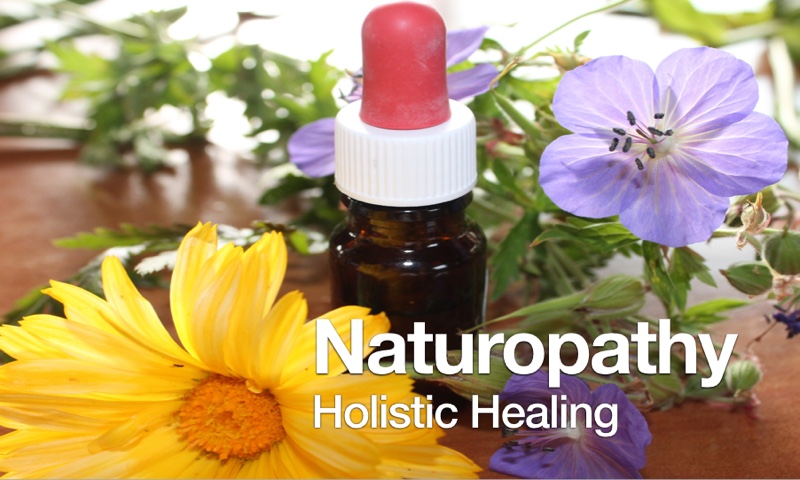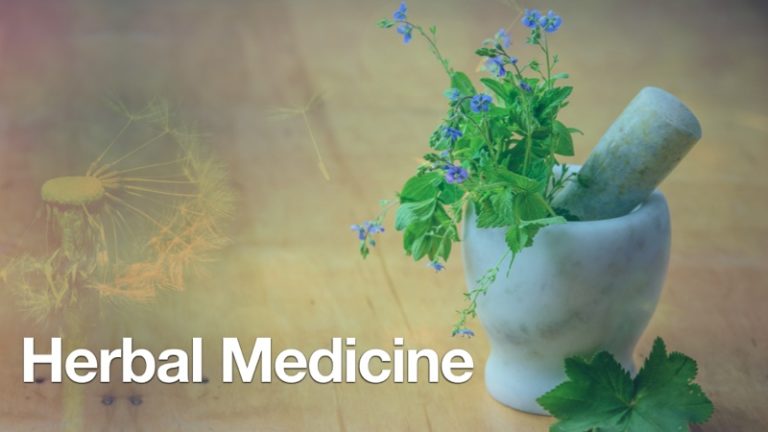
What is Naturopathy?
Naturopathy is a modality of complementary medicine which places an emphasis on the prevention of diseases. It encourages achieving optimal health through merging modern science with traditional knowledge whilst abiding by the principles of naturopathic medicine.
Principles of Naturopathic Medicine
These are the main principles of naturopathic medicine:
The Healing Power of Nature (Vis Medicatrix Naturae)
The human body possesses an innate ability to heal itself; and naturopathic treatment is about identifying and removing obstacles which may hinder the body’s ability to heal on its own. Treatments are focused on facilitating the body’s self-healing processes.
Identify and Treat the Cause (Tolle Causam)
Within the field of naturopathic medicine, investigating and treating the cause of the presenting issue is of extreme importance. Masking symptoms by solely treating symptomatically does not address the underlying cause of the problem.
Treatment will still involve addressing the symptoms in order to reduce discomfort in the patients. However, there is ongoing work and investigation in order to identify and treat the cause of the problem. Naturopaths aims to identify and remove the underlying causes of illness instead of just treating symptoms.
First Do No Harm (Primum Non Nocere)
Within naturopathic practice, it is the practitioner’s priority to avoid harming the patient. This involves utilizing investigative and treatment strategies with the least side effects as possible and using the least force to treat. Taking into consideration avoiding symptom suppression, and lastly; building good rapport to understand and respect each patient’s healing journey.
Doctor as Teacher (Docere)
There is significant benefit in a healthy practitioner-patient relationship. The aim is to maximise this relationship in order to facilitate the healing process in the best way possible. The therapeutic potential of a healthy practitioner-patient relationship is often underestimated. It is the naturopath’s role to educate patients in order to help them make the best choices concerning their health. Within the scope of naturopathic practice, self responsibility for one’s own health is greatly encouraged.
Treat the Whole Person
With regards to treating each patient as a whole person, this means that not only are the obvious presenting complaints addressed. When assessing for the cause/s of symptoms, it will often be revealed that the patient’s initial presenting complaint is far more complex and involves multiple body systems. Additionally, when whole health is considered from a naturopathic perspective, we are referring to individual physical, emotional, mental, genetic, environmental and spiritual factors. Health and wellbeing is multifaceted and involves all aspects of the whole person.
Prevention
Prevention of an illness is always superior to working on finding a treatment and a cure. From a naturopathic perspective, prevention of disease involves undergoing a thorough case history in order to assess risk factors. These factors include genetic predisposition and heredity, specific lifestyle and dietary choices, and more. Specific measures are taken and a treatment plan is formulated in order to appropriately aid the patient in preventing certain illnesses/conditions.
What kind of medicines are used in Naturopathic treatment?
There are a variety of modalities that are utilized within the scope of naturopathic practice. These may include but are not limited to the following:
- Herbal Medicine
- Nutritional Medicine
- Holistic Counselling
- Homeopathic Medicine
- Dietary Therapy, and food as medicine
A thorough assessment of a patient’s personal and family health history is taken, and a treatment protocol using the above modalities will be prescribed according to the individual’s health goals.
The protocol will also be determined based on the patient’s likes and dislikes (as there is a big emphasis on food as medicine), aversions or intolerances, the nature of the condition (acute/chronic), any religious or cultural factors (some herbal medicines are preserved in alcohol, some capsules contain gelatin), dietary preferences (animal ingredients in some capsules) and the person’s vital force.

How does naturopathy work to ameliorate ailments?
By assessing the whole person, and undergoing thorough holistic investigations to identify and treat the root cause of illness, naturopathy aims to provide gentle and permanent solutions to illness. Treating illness from a holistic perspective, rather than just dampening symptoms supports the body’s self healing mechanisms in an attempt to achieve optimal health.
Herbal and nutritional medicine, dietary therapy, food as medicine, holistic counseling and homeopathic medicines in combination aids to provide a well-rounded approach to treatment in order to attain mental/emotional, and physical wellbeing, rather than just living with an absence of disease.
What conditions can be treated?

Naturopaths treat a wide variety of health conditions, with some naturopaths specializing in certain niche areas (e.g.: Natural fertility, oncology, digestive health, neuro-behavioral conditions etc…). Among all the medical conditions, some of the more common conditions that naturopaths are known for treating include:
- Food intolerances and digestive health
- Hormonal imbalances
- Fertility issues (women and men’s health)
- Weight management
- Cardiovascular disease
- Adrenal fatigue
- Autism Spectrum Disorders
- Anxiety and Depression
- Autoimmune disorders
This list is not exhaustive, and there is a wide range of conditions not listed above which are commonly treated by naturopaths.
Who is naturopathy for?
Naturopathic medicine is safe and effective for both adults and children.
Can it be used with babies and children?
Babies and children can be safely treated with naturopathy.
Can it be used with the elderly?
The holistic and individual approach taken to treatment makes naturopathy a safe and effective option for elderly patients.
Is Naturopathy a stand-alone treatment?
Naturopathy is a diagnosis and treatment system which encompasses herbal medicine, nutritional medicine, homeopathy and more, therefore technically speaking it is not a stand-alone treatment.
Safety and interactions of Naturopathic treatments
Just because a herbal or nutritional medicine is safe, or labeled ‘natural’, does not mean that it should not be taken on your own accord. Ensure that prescribed naturopathic medicines are taken as per the specific instructions provided by the prescribing naturopath. There are many herb/nutrient/drug interactions and this is something that a qualified naturopath will identify and assess appropriately at the time of prescribing. Herbal, nutritional, and homeopathics can be taken together safely as per prescribing instructions.
What is involved in a Naturopathy consultation and treatment?
Consultations are detailed, a thorough case history is taken which explores the patient’s individual and family health history, as well as their current health. Dietary and lifestyle habits. A treatment plan is devised based on the patient’s current state of health and health goals that are looking to be achieved.
The treatment process may involve a series of conventional and integrative clinical and laboratory testing. Depending on what the presenting complaint is; blood, sputum, urine, and stool may be tested for a variety of biomarkers. These may include anything from a basic immune cell count, to hormones, enzymes, antibodies, bacterial cultures and much more. On the other end of the testing spectrum in order to investigate for causes, naturopaths may use a variety of methods such as muscle testing (kinesiology), bio-impedance analysis, vega testing, food intolerance tests and more.
Treatment then includes dietary modifications, nutritional supplements and/or herbal medicine. If homeopathic medicine is suitable and required, this may be incorporated too.
Where can I find a certified practitioner?
Finding a well-trained Integrative and/or Functional practitioner requires research but is a vital step in treating complex and chronic illness.
Below are links to lists of practitioners worldwide. We recommend you research the scope, expertise and experience of any practitioners you are considering.
U.S. & Global
Institute of Functional Medicine
https://ifm.org/find-a-practitioner/
Integrative Medicine for Mental Health
http://www.immh.org/find-a-practitioner/
Medical Academy of Paediatric Special Needs (MAPS)
http://www.medmaps.org/clinician-directory/
Australia & New Zealand
Mindd Foundation
https://directory.mindd.org/
The Australian College of Nutritional & Environmental Medicine (ACNEM)
https://www.acnem.org/practitioners/
UK
The British Society for Ecological Medicine
https://www.bsem.org.uk/pages/14-practitioners
Disclaimer: Mindd Foundation does not endorse any specific individuals listed and makes no representations, warranties, nor guarantees and assumes no responsibility for any services provided. Mindd Foundation expressly disclaims all liability for damages of any kind as a result of using any products or services provided by those listed.



